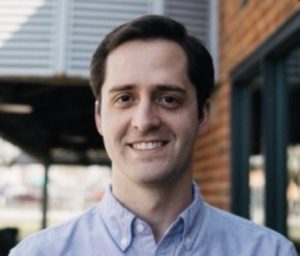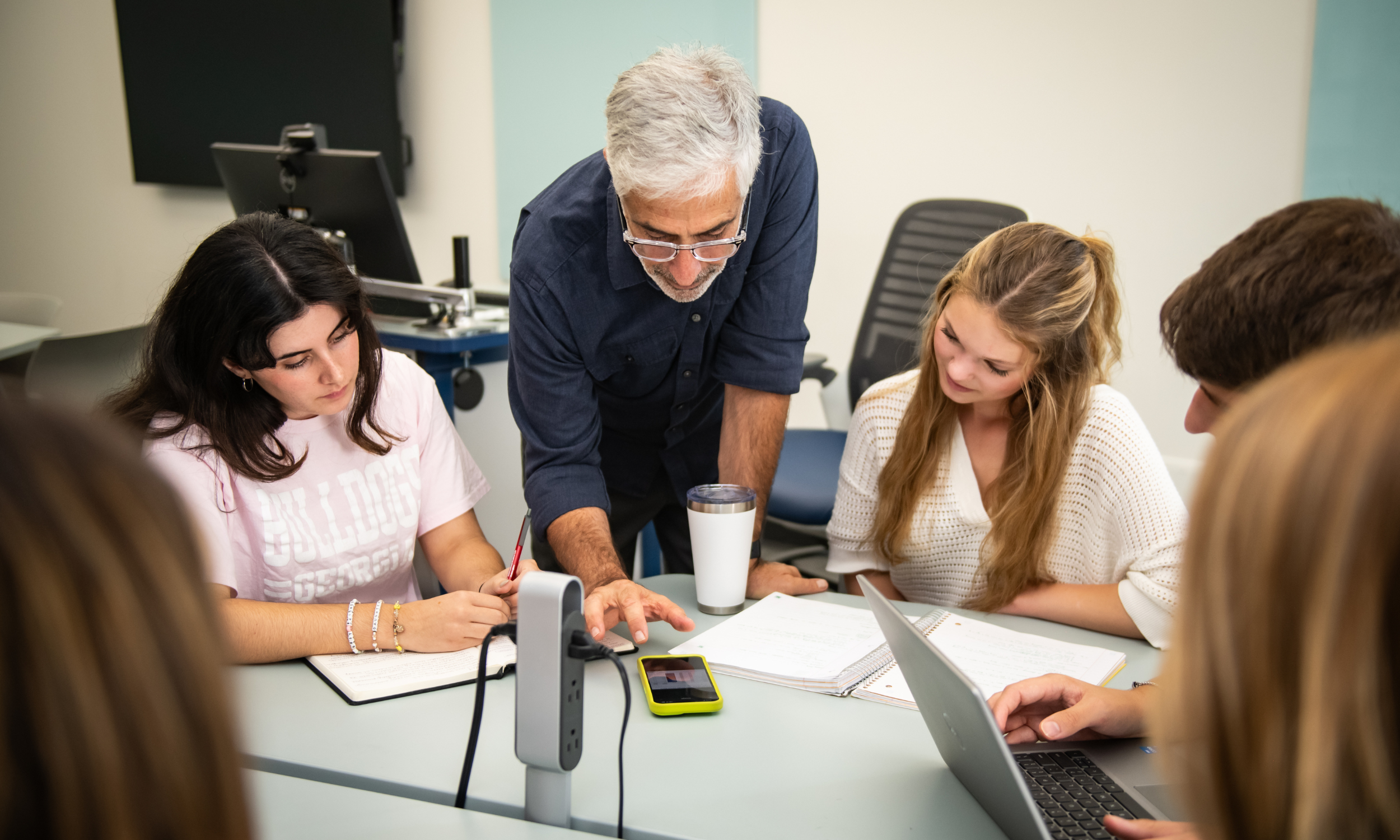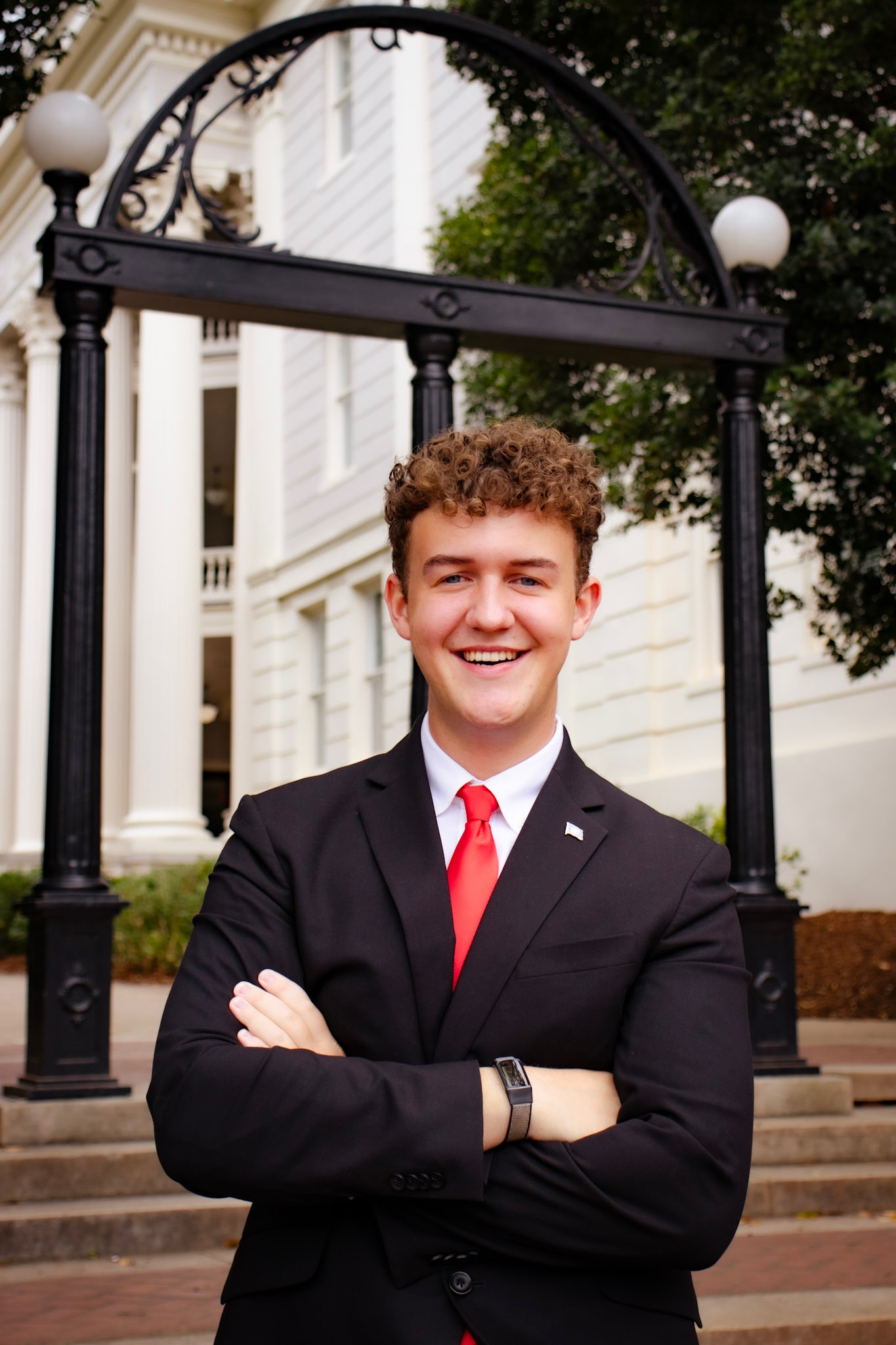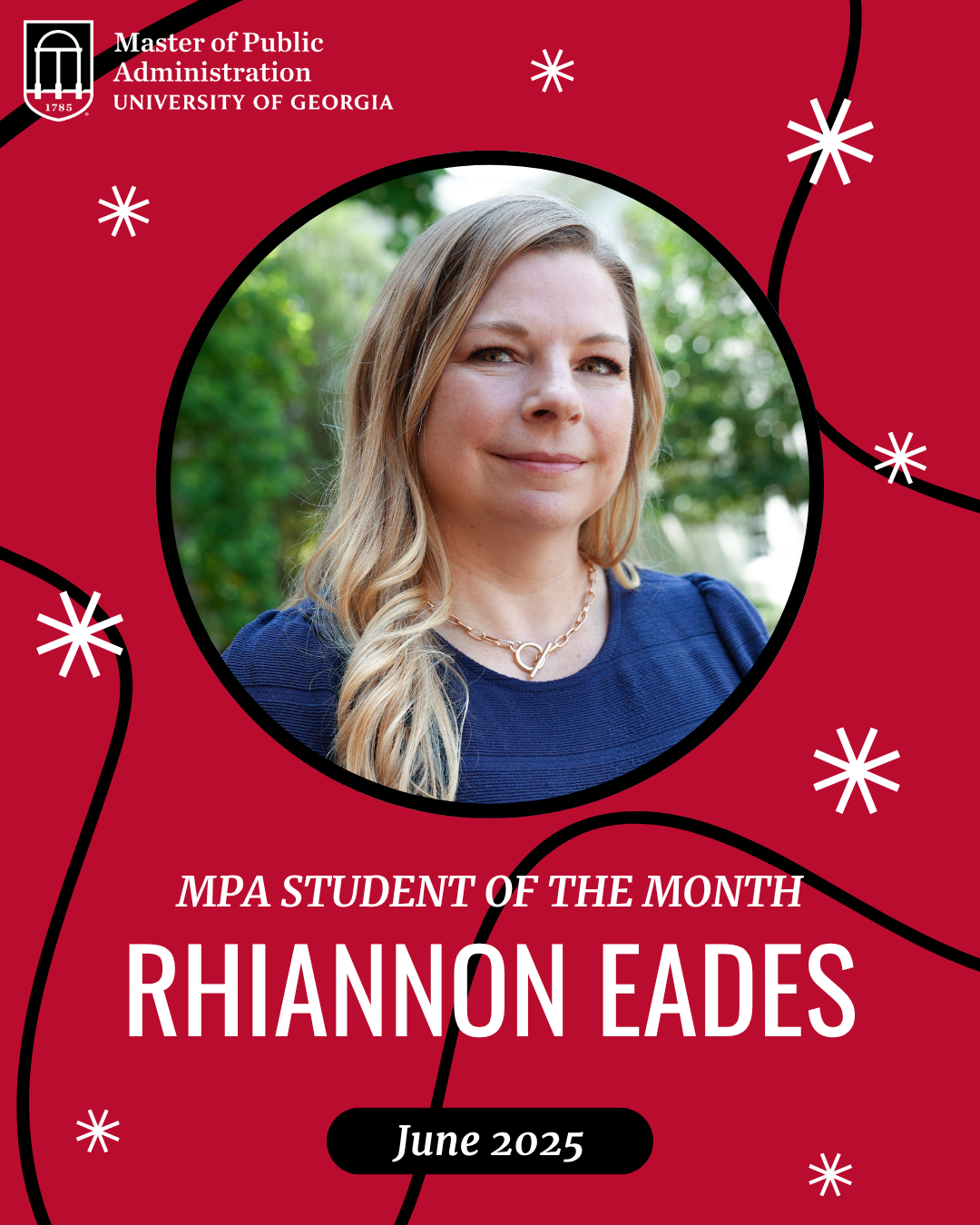
By: Rachael Andrews
SPIA alumnus Jason O’Rouke has dedicated his post-UGA career to public service. His new role as government relations director for the Federal Reserve Bank of Atlanta means he is responsible for communicating the Federal Reserve’s actions and priorities to members of the United States Congress and their staff.
As government relations director, O’Rouke works directly with policymakers regarding the Federal Reserve’s policy goals with respect to monetary policy. He and his team also work with state and local governments by disseminating information directly from economists to analyze different regional economies. This mission to keep state and local governments informed using the Federal Reserve’s resources is critical to development at the state and local levels.
Asked what his favorite part of his new role is, O’Rouke says, “I get to work with an extraordinary team with highly intelligent people – we say ‘here’s the work from people who have dedicated their lives to solving these problems and here’s what they’re saying. If you want to make policy as effective as it can be, here’s what we can do to help.”
Impartiality in this mission is key – in fact, O’Rouke insists, it is a core function of the Federal Reserve. “[The Federal Reserve] is a 100 year old nonpartisan technocratic institution that still exists in the way that it was designed to 100 years ago. Being impartial is in the core DNA of this institution,” O’Rouke says, “Because the whole organization buys into the impartiality, it makes it easier for us on the ground to remain impartial when we go talk to elected officials. We don’t have a bias in the situation, we have the interest of the economy at heart and that’s all we care about.”
O’Rouke has always had an interest in politics and public service – dating back to an AP Government class in high school. He majored in political science here at the University of Georgia (UGA), where he discovered that he wanted to work in the public sector, “to make government as efficient and effective as it can be.”
His time at UGA was clearly very meaningful to him; after all, he received his Bachelors and Masters degrees from SPIA, and then came back to UGA as a member of the SPIA Alumni Board. O’Rouke’s favorite part of his UGA experience? “In undergrad, it was transitioning into being an adult; all the small things you learn how to do that you don’t really realize at the time are changing you,” he considers, “In graduate school I took a more intentionally academic approach, and since I had a few years’ work experience, I could take [that] experience from out of school and apply [it] to school through an academic lens.”
O’Rouke considers decision to come back a “no-brainer.” After attending UGA as an undergrad, he knew about the Masters of Public Administration (MPA) and it was always in the back of his mind. “I knew that it was very finely regarded and respected in terms of people who implement and study policy,” O’Rouke says. “Specifically, I saw that there were a lot of people who worked in state politics who had similar backgrounds to me and I wanted to differentiate myself from them.”
Coming back to serve on the SPIA alumni board was important to him as well – especially after earning two degrees from SPIA. “I was an undergrad when SPIA was first starting to develop its identity in terms of the alumni network,” O’Rouke adds. “After a few years of experience in the workforce, I felt I had something to contribute. The next steps for SPIA were to raise its profile and continue to be a place that the smartest people in the country and the world decide to go.”
O’Rouke had a few impactful courses at SPIA. During his undergraduate years, as a political science major, Professor Audrey Haynes’ upper level undergraduate course proved formative for him. He also adds that Professor Jeff Wenger’ Policy Analysis course, which focused on ethics was an “eye-opening experience,” O’Rouke declares. “We were looking at policy from a numbers standpoint then he flipped the script and we looked at what makes policies fair and just. [That course] still helps me think about how we solve problems in the public sector.”
When asked for advice for recent SPIA graduates, O’Rouke had no shortage of constructive advice. “A SPIA degree has no obvious career path after graduating, which can be challenging, but it is intentionally vague, so that you have unlimited opportunities to use what you’ve learned to do what you care about,” O’Rouke acknowledges. “It can be frustrating at the beginning because your other friends in different majors might have their futures picked out for them and it’s very obvious. But just remember that’s a short term challenge. The further along you get, the more you’re going to benefit from the broad exposure and adaptability of what you learned from SPIA. You have to use every experience to build on the next experience – whatever the job is, take advantage of it and do it really well and that’s how you get the next job.”








